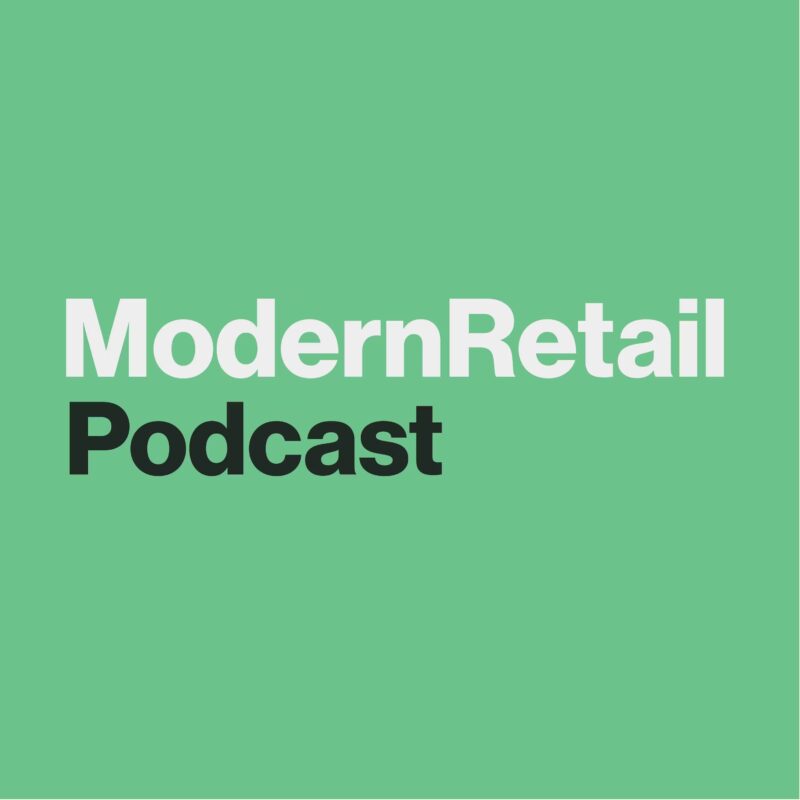The Modern Retail Podcast | How Chomps is marketing itself to convenience store shoppers
Better-for-you snack brand Chomps has big plans to take the convenience store space by storm. But it’s being choosy about which stores it expands into.
Chomps, which is best known for its high-protein meat sticks, has been around since 2012 and has been slowly expanding. Its first major retail deal was with Trader Joe’s in 2016. The company was small and, at the time, most sold online. But it knew that a major wholesale partnership could take it to the next level.
“That was a game changer for us,” co-founder and co-CEO Pete Maldonado said on the Modern Retail Podcast. “I mean, literally overnight, you’ve got millions of new customers and people trying the product for the first time — and it really just snowballed from there.”
Maldonado spoke about Chomps’ growth over the years as well as its new approach to convenience stores. It recently launched in both Wawa and Sheetz and is figuring out how best to showcase its products to those shoppers. Currently, its products are available in over 20,000 retail doors.
“We just want to make sure that when customers see it — especially in a new channel — they can see it and, within two seconds, they understand what it is,” he said. A lot of that requires smart packaging as well as in-store displays that explain Chomps’ products.
While C-stores are now a big focus, Maldonado said that product isn’t perfect for every type of store.
“We’re a premium product,” he said. “It’s got to be an area where people actually understand the value proposition and are willing to pay for it.”
